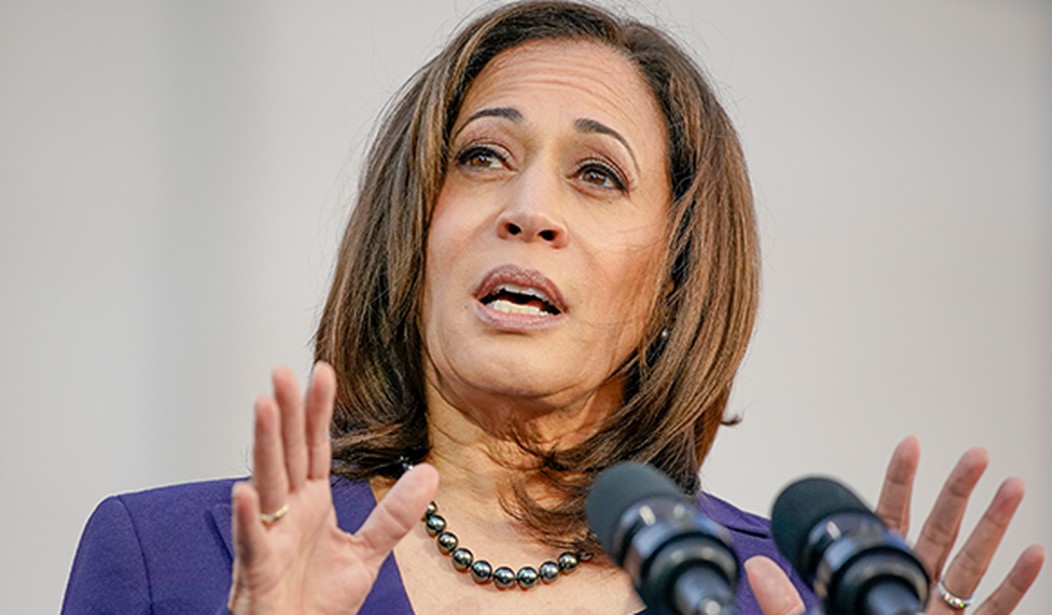Sens. Elizbeth Warren and Kamala Harris support the idea of reparations for black Americans who suffered from slavery—an idea that policy experts estimate could cost more than $14 trillion.
Speaking on the radio program “The Breakfast Club,” last week, Harris agreed with one of the hosts who suggested reparations may be necessary to help redress the wrongs of slavery and racial discrimination.
“We have to be honest that people in this country do not start from the same place or have access to the same opportunities,” she later told The New York Times when asked about it. “I’m serious about taking an approach that would change policies and structures and make real investments in black communities.”
Warren is also on the same page.
“We must confront the dark history of slavery and government-sanctioned discrimination in this country that has had many consequences, including undermining the ability of black families to build wealth in America for generations,” she told the Times. “We need systemic, structural changes to address that.”
That two leading Democratic candidates have embraced reparations — the concept that the federal government should both acknowledge the ongoing legacy of slavery and discrimination and provide compensatory payment to those affected — is a major shift from past presidential campaigns and a win for activists who have tried to push the issue into the mainstream for decades. [...]
Mr. Sanders, the Vermont leftist whose rhetoric of a political revolution won him throngs of supporters in the last Democratic primary and disrupted the party establishment, dismissed the idea of reparations as politically unpalatable in January 2016, upsetting some racial justice activists who found his answer hypocritical. Mrs. Clinton, who beat Mr. Sanders for the 2016 nomination, also declined to support reparations.
Mr. Obama, the country’s first black president, was seen in some political quarters as reticent about prioritizing the interests of black voters, and he called the idea of reparations impractical in 2016.
“I’m not so optimistic as to think that you would ever be able to garner a majority of an American Congress that would make those kinds of investments, above and beyond the kinds of investments that could be made in a progressive program for lifting up all people,” Mr. Obama said. (NYT)
Recommended
Former HUD Secretary Julian Castro—also a 2020 Democratic presidential contender—has expressed support for reparations as well.
Nationwide polling shows, however, that compensation for those affected by slavery is an unpopular policy.

























Join the conversation as a VIP Member